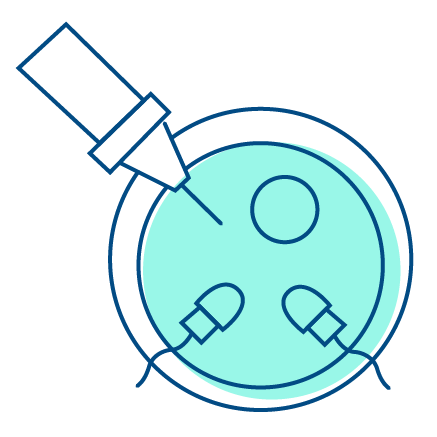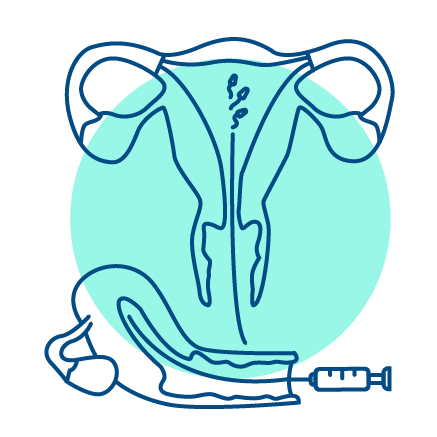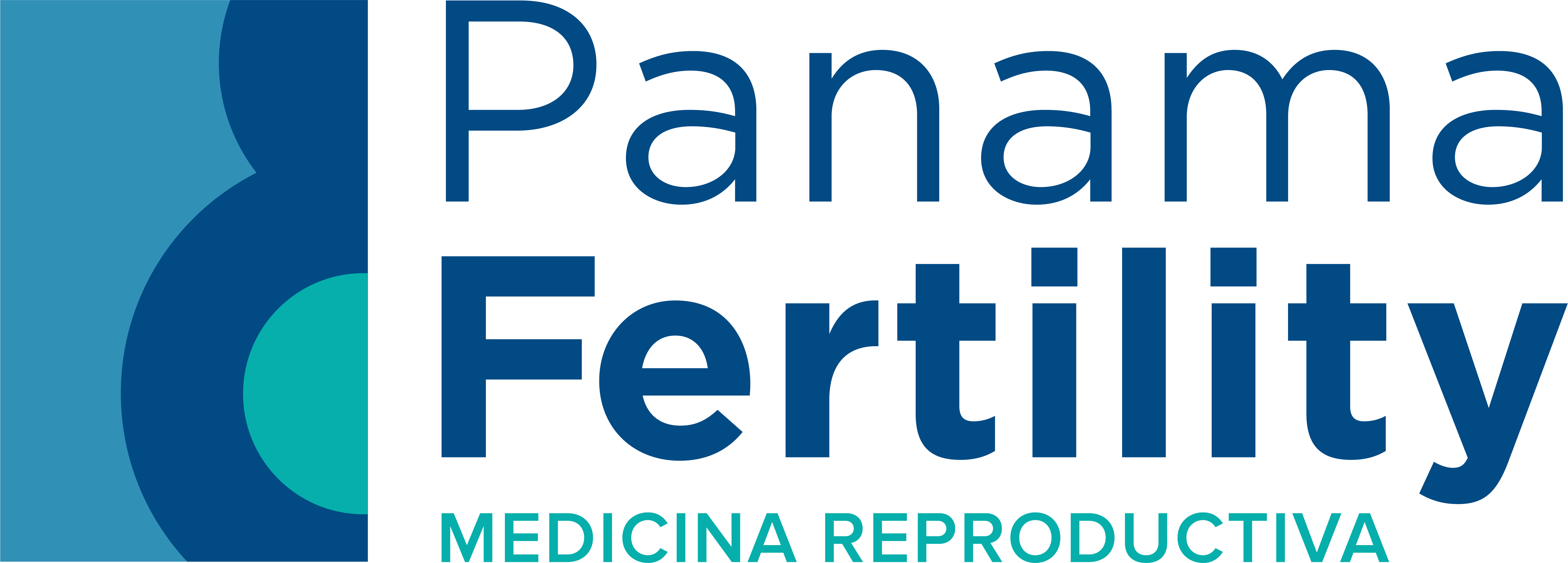Shared Maternity between women
It is increasingly common to see two-mom couples raising children together. And now it is possible to achieve shared motherhood in which both women are part of the process, thanks to advanced fertility techniques that increase the chances of conception.
Fertility Clinic
Treatments for 2 Moms

At Panama Fertility, we offer different types of assisted reproduction treatments that help women achieve shared motherhood.

In Vitro Fertilization with Donor Sperm
IVF (In Vitro Fertilization) is an advanced assisted reproductive technology that involves combining donor eggs and sperm in a laboratory setting and then transferring them into the uterus. IVF can be a highly effective fertility treatment for couples who have difficulty conceiving naturally. Learn more here.

Reciprocal IVF / ROPA Method
The ROPA Method, also known as Reciprocal IVF, allows both couples to actively participate in the process. One undergoes ovarian stimulation and egg retrieval, while the other undergoes embryo transfer and carries the pregnancy. One will be the genetic mother and the other the gestational mother. Learn more here.

Artificial Insemination (AI) with Donor Semen
It is a fertility treatment that consists of placing donor sperm directly into the woman's uterus during ovulation. This procedure helps to increase the chances of fertilization and pregnancy by avoiding possible obstacles that may prevent the sperm from reaching the egg. Learn more here.

Donor Eggs with Donor Sperm
A fertility treatment that involves the use of anonymously donated eggs and sperm to create embryos in a laboratory. These embryos are then transferred into the recipient's uterus, where they can implant and grow into a healthy baby. The process involves three stages: donor selection, endometrial preparation and embryo transfer.

Testimonials
Frequently Asked Questions
What fertility treatment options are available for female couples?
Female couples have several fertility treatment options, including artificial insemination (AI), in vitro fertilization (IVF), reciprocal IVF (ROPA method) and the use of donor sperm or donor eggs. The specific treatment recommended will depend on individual circumstances and medical advice.
How does the ROPA method work and for whom is it suitable?
The ROPA method, also known as reciprocal IVF, is a fertility treatment option for female couples in which one partner provides the eggs and the other partner carries the pregnancy. The couple providing the eggs undergoes ovarian stimulation, retrieval and fertilization using donor sperm. The resulting embryos are transferred into the uterus of the couple carrying the pregnancy.
What are the success rates of the ROPA method compared to other fertility treatments?
The success rates of the ROPA method can vary depending on several factors, such as the age and health of the individuals involved, the quality of the eggs, and the experience of the fertility clinic. In general, the ROPA method has shown favorable success rates comparable to traditional IVF, but specific rates may vary. Your fertility specialist can provide more detailed information depending on your unique circumstances.
What factors should female couples consider when choosing a fertility clinic for their treatment, including the ROPA method?
Female couples should consider some key factors when selecting a fertility clinic. These may include the clinic’s experience and expertise in assisting same-sex couples, familiarity with the ROPA method, success rates specific to female couples, availability of LGBTQ+ friendly services and staff, a supportive and inclusive environment, and any additional services or resources they offer. Making an informed fertility clinic decision can go a long way toward a positive and successful fertility treatment experience.
What are the emotional and psychological aspects of fertility treatment for female couples?
Fertility treatment can generate a variety of emotions in female couples, such as excitement, hope, stress and anxiety. Couples need to communicate openly, seek emotional support from loved ones or support groups, and consider specialized fertility counseling services. Emotional well-being is a crucial aspect of the fertility journey.
Are there specific considerations or challenges for couples of women seeking fertility treatment?
Female couples may face unique considerations and challenges regarding fertility treatment. These may include deciding who will provide the following:
Eggs.
Choosing a sperm donor.
Navigating the legal and emotional aspects of starting a family as a same-sex couple.
Working with a knowledgeable fertility specialist and seeking support from LGBTQ+ resources can help address these specific considerations. Remember that these answers provide general information and it is important to consult with a qualified fertility specialist for personalized advice and guidance based on your particular situation and location.
